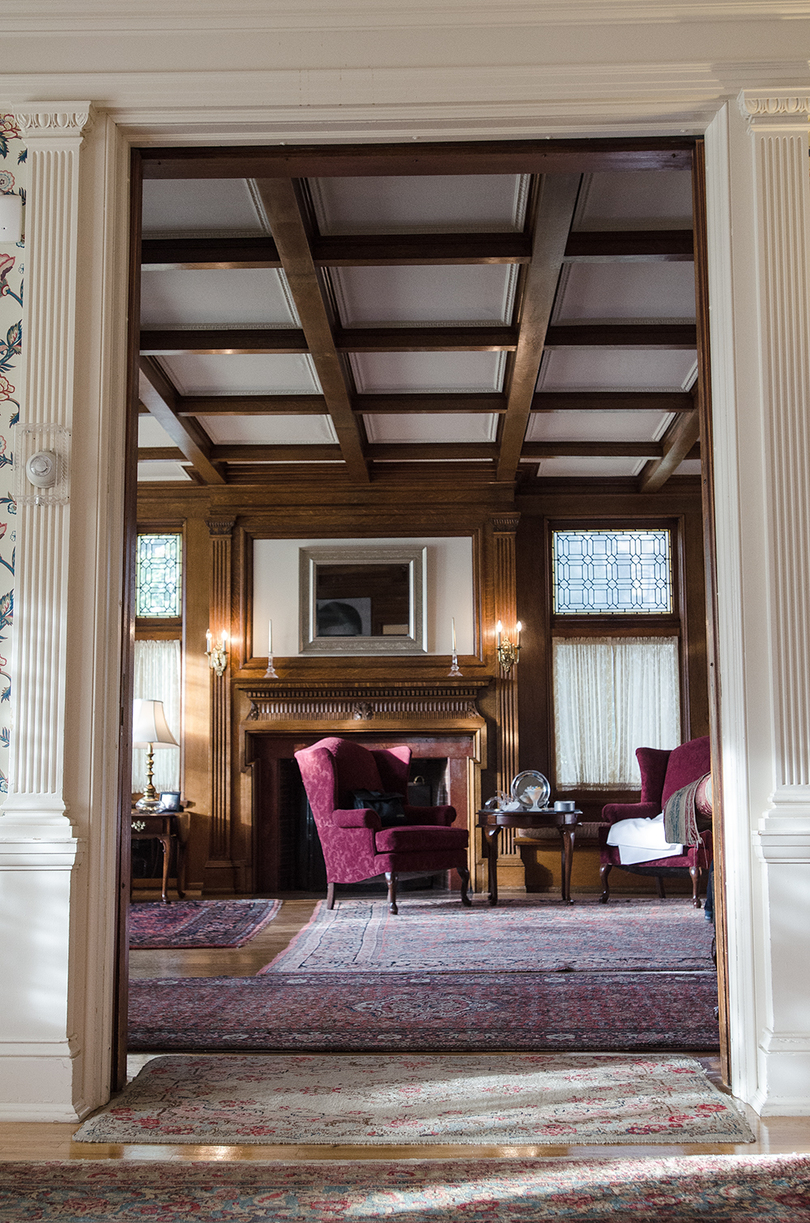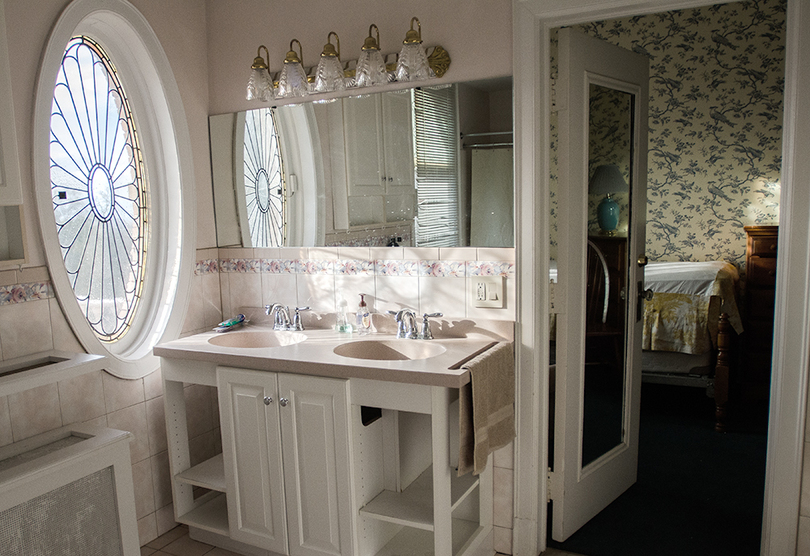Settling in: Delta Phi Epsilon sorority returns to campus, hopes to reconnect with SU community
CORRECTION: The year Delta Phi Epsilon left the Syracuse University campus was misstated. The sorority left in the late 1990s. The Daily Orange regrets this error.
Delta Phi Epsilon isn’t new to Syracuse University’s campus — the organization is just rebuilding its roots.
The sorority is currently recolonizing at Syracuse University and has cited its history as a strong foundation for its re-establishment. A chapter of DPhiE was founded on SU’s campus in 1921, but left in the late 1990s. It was the sorority’s gamma chapter, meaning it was the third chapter ever created in the sorority’s history.
With recruitment starting this week, the sorority hopes to find SU upperclassmen that can re-establish the chapter’s identity and reconnect with the campus community.
The sorority will begin as a colony rather than an official chapter. A colony doesn’t have the same privileges, such as alumni support and complete independence from the national organization. The colony will become the 12th Panhellenic sorority chapter on campus.
On Monday, DPhiE began hosting daylong events at the sorority’s house, located at 705 Walnut Ave. The events are a part of the fall recruitment process and will help educate interested students about the organization. The sorority will be choosing its pledge class by the end of this week.
DPhiE officials hope to have about 152 students become part of the chapter and will recruit about 100 members before official recruitment begins this spring.
The sorority is looking for members who are forward thinking, community service-driven and have prior leadership skills, said Maggie Thompson, DPhiE’s coordinator of chapter services. The organization is also looking for women who want to help create traditions and legacies for the future chapter, she said.
“I can’t form that identity for them, but they know the campus, so they know what is expected of organizations, they know what greek life is like, but its really up to them to differentiate and decide what is going to be their identity,” said Thompson, who is also the head of colony recruitment.
She added that every sorority has a similar issue of figuring out what its identity is. She said she thinks a chapter needs to “capitalize on how you began, in order to know where you’re going.”
The sorority’s house is a constant reminder of this idea, with four out of the five founders of DPhiE pictured on its living room walls. Thompson said the women have come to symbolize forward thinking; all of them were students in the New York University School of Law, at a time when women were still unable to vote.
Though the house has been vacant for more than two years, it was built to sustain a large family, Thompson said.
The sorority is leasing the former home of Alpha Chi Omega. The sorority left the university in January 2011.
Built in 1911, the house has four floors, and after a new addition was built in 1960, it is able to hold 41 beds, said Lia Madray, a colony consultant for Delta Phi Epsilon International Sorority. Many of the bedrooms maintain their vintage monikers, such as the “locker room,” “city girls” room, a “zoo room” and a “marriage room,” where whoever stayed in the room was stipulated to get married after they move out, Madray said.
Many of the bedrooms are encapsulated by large, bay windows with stained glass paneling and ornate crown molding, giving off a sense of understated grandeur. Except for the added wing, the rest of the house has maintained its original design and architecture, Madray said. Part of the house’s history and tradition are what give it its charm, she said.
After an eight-week colony period, the sorority can apply to gain charter status, which it intends on doing, Thompson said. Before they can apply to have a charter, members have to complete a list of 30 tasks that include holistic activities and educational activities, she said.
But DPhiE endured about a two-year wait before it was able to officially recolonize on campus, said Hannah McDonald, vice president of recruitment for the Panhellenic Council at SU.
The council wanted to allow Alpha Gamma Delta, which established its chapter at SU a few years ago, to build its groundwork and have “time to breathe,” said McDonald, who is also a senior broadcast and digital journalism major. She said she thinks that DPhiE wanted to return to campus due to the memories and traditions that were first established at SU.
McDonald said she was very proud of the Greek community’s support of DPhiE’s arrival on campus. Numerous chapters have knocked on DPhiE’s door and introduced themselves, she said.
On Thursday, to further foster connections, the sorority is inviting the Panhellenic community to visit and tour the house, said Lyndsey Karp, a DPhiE membership manager from the University of Pittsburgh.
But even before the event, DPhiE was backed by a wide network of support — more than 300 alumnae indicated on the group’s Facebook page that they wanted to get “back on board,” said Felicia Bethea, membership manager from Florida Atlantic University.
She said that the sorority has felt a lot of support not only from the university, but also from the alumnae that were part of the gamma chapter at SU.
The gamma chapter’s presence is existent in the house, with black and white photos on nearly every tabletop showing sisters mostly from the 1980s. In response, visiting sororities reported the house “already felt like a home,” which Bethea said she found surprising.
“The only thing other sororities asked us to do was communicate with them,” Karp said. “In response, they’ve really welcomed us. They’ve actually been sending us girls who they think might be a good fit for the house.”
Karp said that since the sorority announced that it was recolonizing, many upperclassmen showed interest in the house, saying they missed the opportunity to “go Greek” in the past. Others felt they didn’t identify with houses already on campus and thought DPhiE could offer something different, she said.
Most of the sisters won’t live in the house, Karp said, so the house’s large common spaces will accommodate for many visitors.
Said Karp: “When we first got here it was empty. But now even having one recruitment event has really brought a lot of energy into the house and has really lifted its spirits.”
Published on October 8, 2013 at 2:06 am
Contact Annie: apalme05@syr.edu









